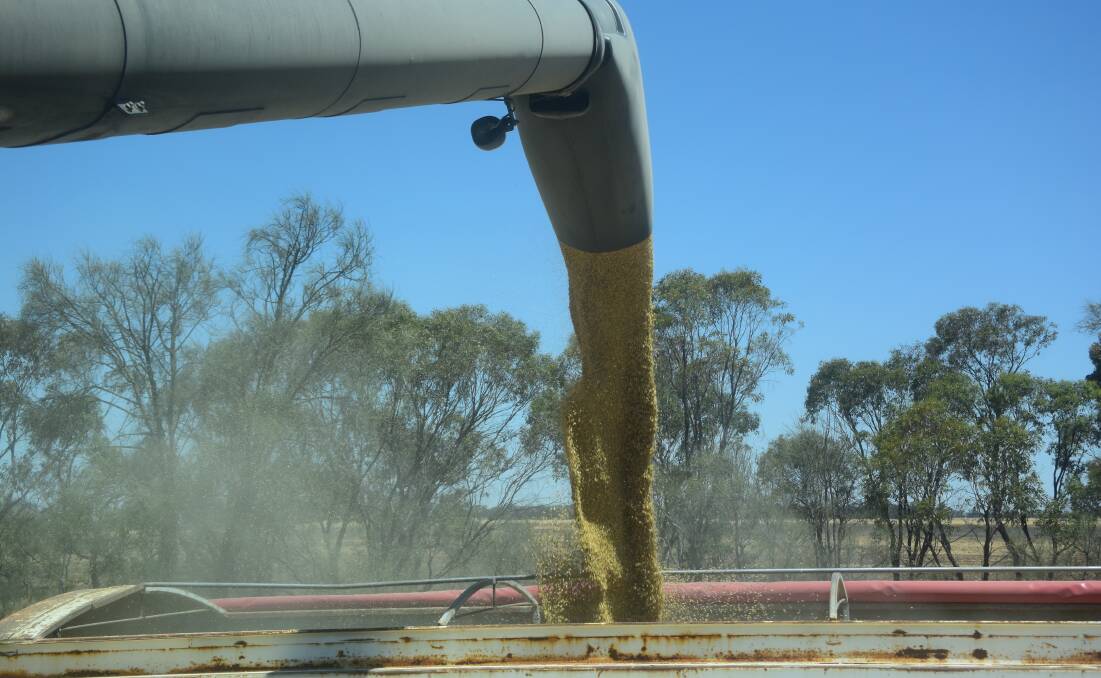
FARMERS are being urged to be on high alert in terms of their counterparty risk when selling grain and fodder with rumours sweeping the industry another grain trader is in danger of going under.
There have been unconfirmed reports of markedly late payment from a NSW-based grain and hay business, which Australian Community Media (ACM) has chosen not to name for now, and grower groups are concerned that the situation has the potential to lead to another insolvency event where farmers are owed significant amounts of money.
It comes just months after the collapse of Lempriere Grain left growers and the grain trade owed millions of dollars in unpaid debts for grain.
The business in question, which has been contacted for comment by ACM, has a stronger footprint of dealing direct with farmers rather than with the trade compared to previous failed grain trade enterprises, meaning if it was to go under more growers would be directly impacted.
Victorian Farmers Federation (VFF) grains group board member Jason Mellings confirmed his organisation had received calls from growers concerned about payment.
He said the VFF's advice was in line with what it had told members on the topic of counterparty risk in the last.
"People need to do their homework and look to minimise their risks," Mr Mellings said.
"One of the simplest things you can do is ask for shorter payment terms, you'll then know faster if there are issues with payment and it could prevent you from committing further loads, lowering your exposure to potential non-payment."
Grain industry analyst Andrew Whitelaw, Mecardo, said the current market conditions of high prices and volatility meant counterparty risk was high and that growers needed to be careful to ensure they were not caught with unpaid debts.
"A year like this creates opportunities, but unfortunately it also creates large risks for grain traders," he said.
"As is always the case when dealing with a grain trader I'd urge growers be aware of red flags that could be a sign that all is not well."
He said some signs farmers needed to be wary of included slow payment and outlandish behaviour or claims regarding services or products.
Mr Whitelaw also said farmers needed to assess whether claims regarding security of payment were accurate.
"If a buyer promises payment insurance you need to make sure the insurance actually exists and that you can get a copy of the policy.
"There is always risk in the market with any trader, but it is important to minimise the risk wherever you can.
"The simple fact is that opting for a price a couple of dollars a tonne better with a buyer that doesn't quite stack up is going to cost you a lot more in the long-term if you don't get paid in full."


